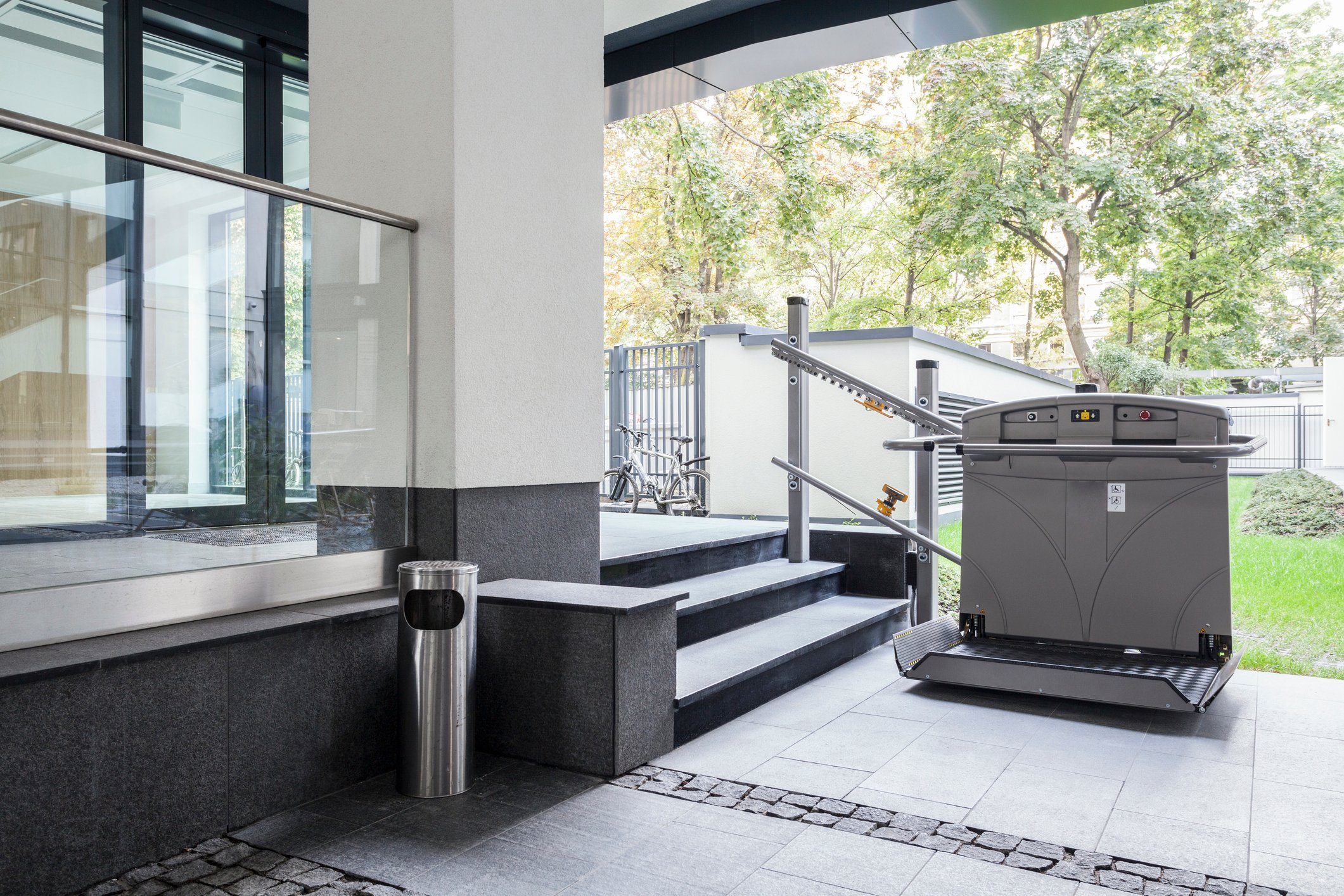Accessibility in hotels is only getting more complicated, but with good reason. It's up to operators to do more than the minimum to accommodate the needs of disabled travelers, and there are growing incentives for hoteliers to provide the same attention to detail paid to every other guest.
According to Peter Slatin, co-founder of the Slatin Media Group, a provider of education and training for communication and interaction between businesses and special-needs customers, compliance with the Americans with Disabilities Act is the floor, not the ceiling, in terms of providing a positive guest experience for travelers with disabilities. Hotels are already mandated to meet codes for safety and physical accessibility, and the next step is what he calls “social accessibility.”
“The challenges facing hospitality are related to people’s lack of familiarity with the role of the disabled, the fears they have, awkwardness when confronted by them, preconceptions, misconceptions and a lack of understanding of them, and little has changed or is changing in society to fix this,” Slatin said.
In order to help the industry achieve this notion of social accessibility, Slatin and his partner, instructional designer Jason Willensky, developed an online learning program to help educate operators on how to best serve disabled guests. The program, Elements of Service: Serving Guests with Disabilities, focuses on providing communication skills for serving guests who are blind and vision impaired, deaf and hard of hearing as well as the mobility impaired. The program also shares information about these communities to provide a more thorough background on the guests operators are likely to encounter.
Helping Hand
The program was designed specifically to be interactive and easy to follow, according to Slatin, who is himself blind. More than 50 million Americans have physical or cognitive impairments that affect travel and leisure activities, a number expected to grow as the population ages. From Slatin’s perspective, the businesses whose employees are best prepared to cater to this demographic are going to be positioned to succeed with this demographic, and will also be able to avoid messy interactions that could impact guest satisfaction scores.
“The world is often not prepared for people with disabilities,” Slatin said. “The ADA is just over a quarter of a century old now. Anyone who is not a millennial grew up in a world where the heavily disabled were called handicapped, and they were not looked upon as a whole person. There is still a huge stigma associated with disability, especially outside of the U.S., and getting over that hurdle is the biggest challenge we face today.”
We applaud Gov Cuomo for this accessible initiative and will look for follow-through: https://t.co/F3TtHRpUGV
— The Slatin Group (@SlatinGroup) October 25, 2016
In order to disseminate this information, the Slatin Group entered into a partnership with the American Hotel & Lodging Association to host and market its new program to hoteliers. Because millennials constitute a large swath of the existing work force, and they are the first generation where the ADA was in place before they were born, Slatin said hotels are in a good place to make improvements, but hotels have to want it.
“Marketing this can be a challenge,” he said. “Everyone says yes, they want to improve their disability training, whereas if you say ‘OK, let’s make this happen,’ suddenly there are reservations.”
This disconnect, according to Slatin, often occurs because hotels often can’t see the return on such training, even if they mean well. He estimates that the population of disabled people with discretionary incomes and an interest in travel is only going to rise as the population ages, but concedes that there are few available data points on how much of the traveling public is comprised of those with disabilities, though he suspects it’s larger than what many people would believe.
“Everyone in hospitality talks about loyalty, but if you work to make someone’s stay easier at your property and they have a disability then you instantly will build a loyal clientele, and with millennials who have disabilities social media is huge. Word will travel,” Slatin said. “If people are unhappy with their service these days they let others know, and if a disabled traveler has an incident that is some bad publicity.”

Technology Positive
An alternative that most excites Slatin is beacon-based technology that is being repurposed to assist blind travelers in getting from point A to B, something with the potential to improve the hotel experience beyond estimation.
“Hotel lobbies are like airport concourses [to the blind],” Slatin said. “In a large hotel they are big, sprawling, seemingly chaotic spaces. The front desk is never in the same place in two hotels. Elevators, chairs and tables, carpets and potted plants, and is there a store? It’s easy to become overwhelmed.”
Slatin has hopes that the scaleable nature of the new e-learning course makes it attractive to operators, and also argues that it helps with turnover and those who take part can even find it useful in their personal lives.
“People get a little scared with thoughts of ‘how will we deal with this [situation],’” Slatin said. “People worked very hard to make it personable, easy and enjoyable. I don’t want to see what hotels have done in the past as mistakes, but most often it’s the result of operating from a lack of understanding.”
